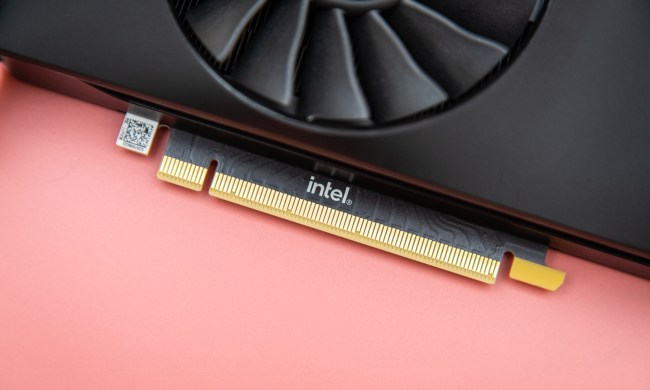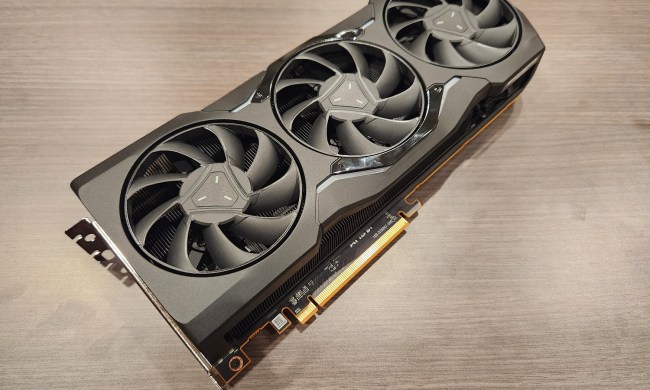
“We’re working really hard to get GPUs out into the marketplace for the gamers. We’re doing everything we can, but I think the most important thing is, we just got to catch up with supply,” Jensen Huang said during the earning’s call.
During the call, the company acknowledged that the surge of interest in cryptocurrencies had driven sales and helped provide a strong quarter for the company. However, the company’s executive vice president, Colette Kress, said that Nvidia’s core focus would be on gamers as the cryptocurrency market is too unstable to rely on in the long-term. This echoes the sentiments of some of the most prominent figures finance.
“Our main focus remains on our core market, as cryptocurrency will likely remain volatile,” Kress told investors, according to Polygon. She also said that the company expects the revenue from cryptocurrencies to remain flat for the first quarter of 2018, which means that gamers may still have trouble getting their hands on a reasonably priced GPU.
“There’s a fairly sizable pent-up demand going into this quarter,” Huang said. “The demand is great, and it’s very likely the demand will remain great as we look through this quarter.”
He also noted that it was retailers who were setting the prices for GPUs and once again stressed that Nvidia had advised its retail partners to serve gamers over cryptocurrency miners, though Nvidia ultimately has no control over the policies of individual retailers.
“… We’re doing everything we can to advise e-tailers and system builders to serve the gamers,” he said.
Both AMD and Nvidia are working to increase the supply of GPUs, but AMD has noted that it faces shortages of various types of memory, including GDDR5 and HBM2, which has hamstrung GPU production. Huang did not comment on memory issues and simply said that they were “constrained.”



